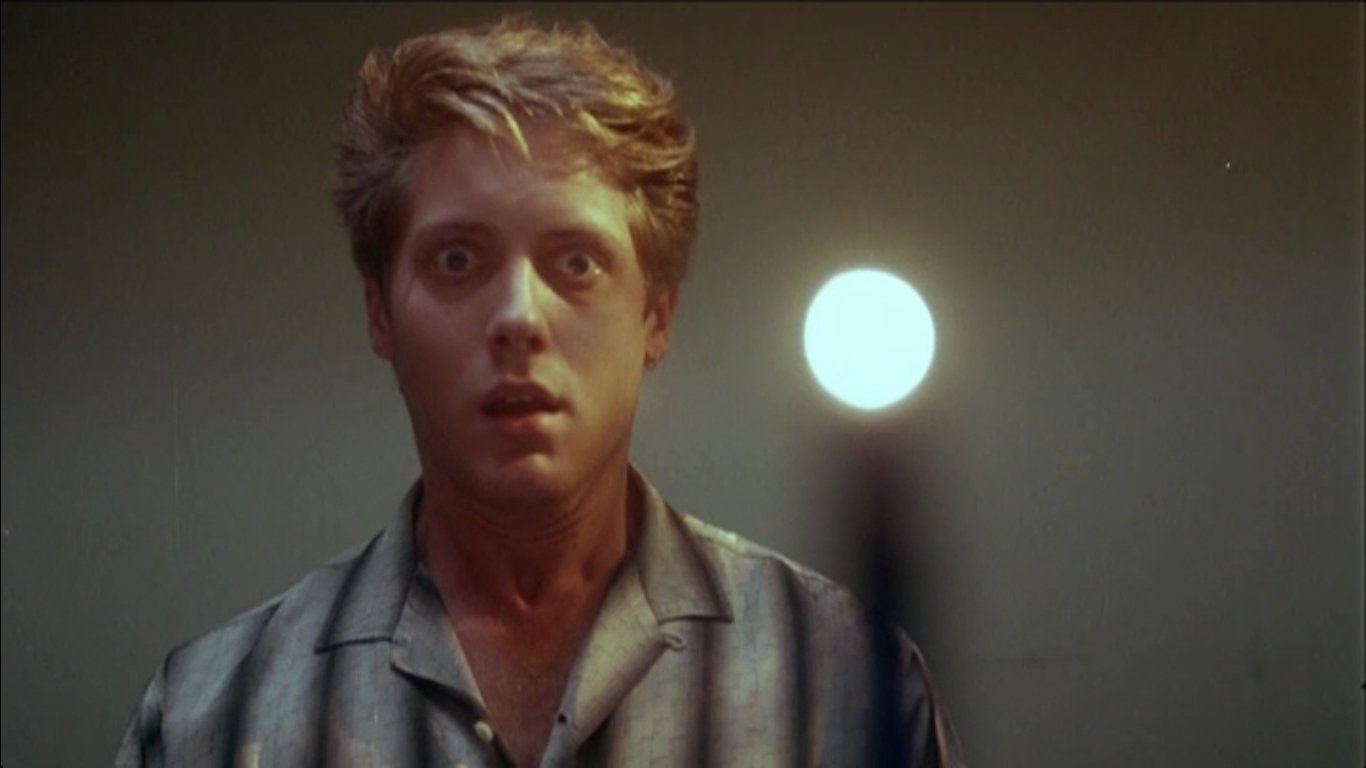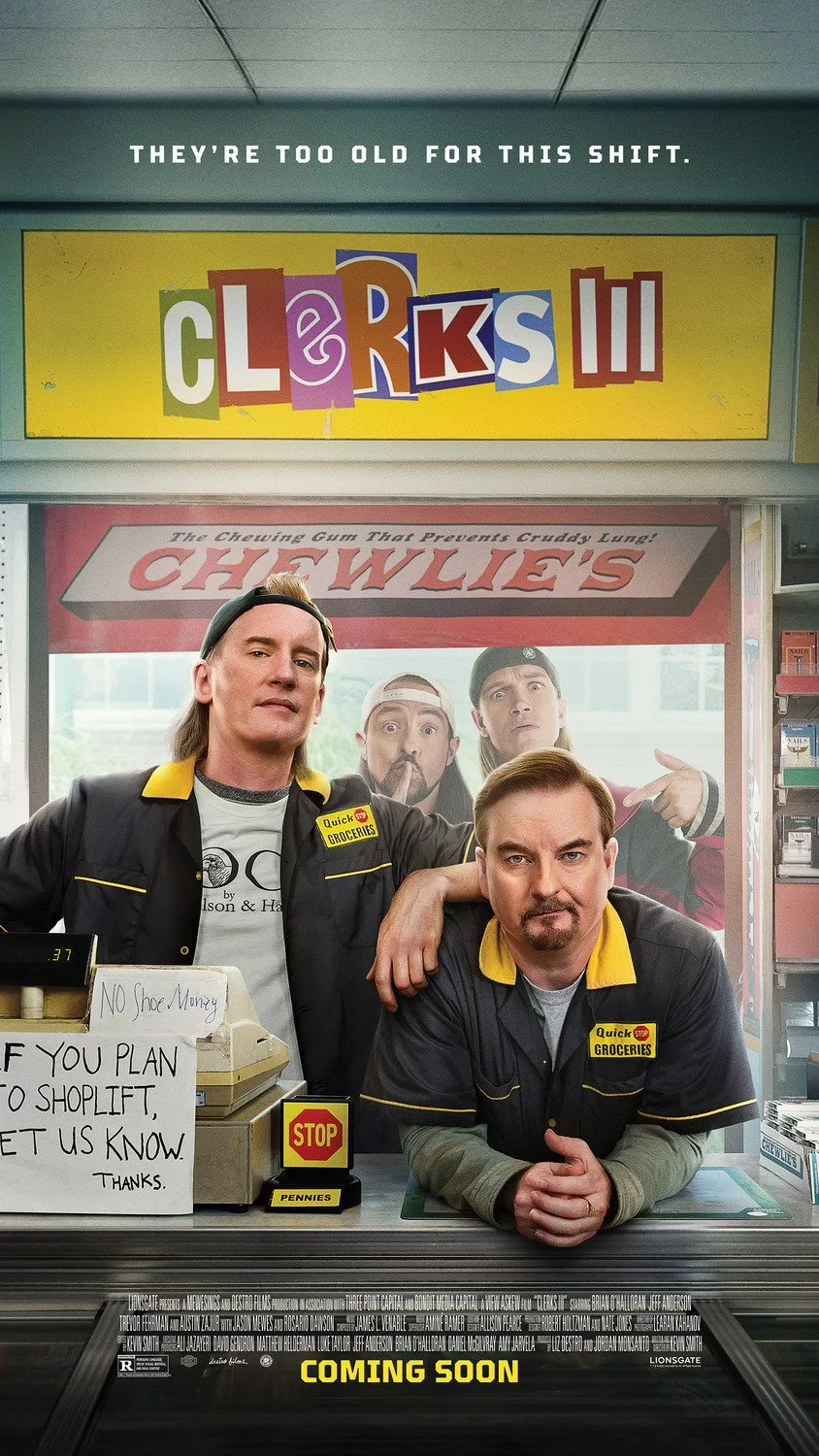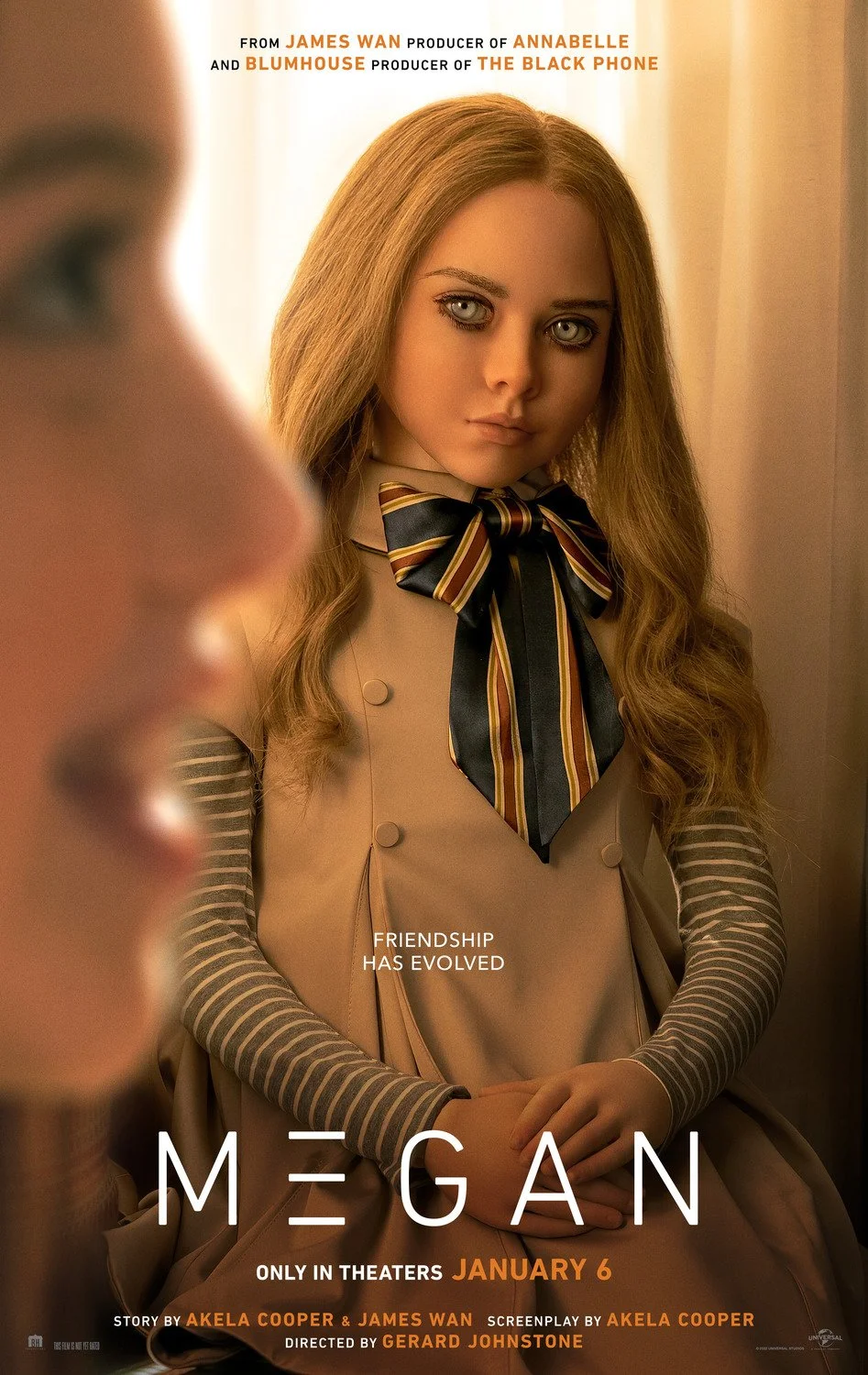The Golden Age of Television is Over (or is it?)
Twenty-five years ago, an HBO executive named Chris Albrecht changed the world. He didn’t mean to. CEO of then Jeffrey Bewkes had just named him president of original programming and he didn’t know what the fuck he was doing, so he started doing television in a way no one had ever done before. In other words, it’s his fault if shows like Oz, The Sopranos and The Wire ever existed and ushered in the so-called “golden age of television”.
Chris Albrecht drastically changed (and improved) television overnight. What was basically a companion of solitude and a poor predecessor to the internet as the ubiquitous presence in our lives became the official pastime of sophisticated people. It was perhaps the best, most awe inspiring paradigm shift in popular culture I’ve ever experienced in my lifetime. In the span of a few years, fiction became longer, more complex and ambitious and offered more value than it ever did. It was exhilarating. For a moment it truly, truly was.
Lost, Breaking Bad, Mad Men, True Detective, Game of Thrones and whatnot colonized our imaginaries and our attention spans in a little over a decade. These shows made us more educated and more demanding audiences. At least, that’s what I thought would happen. Twenty-five years into the revolution, I’ve hit a wall. Our ideal has become corrupted. This new sophisticated pastime of ours has become a problem.
Guys, I can’t fucking watch television anymore.
Greatness is not enough
Did this happen to anyone else? I realized while watching the first episode of the new of The White Lotus on HBO on October 30th. This is a show that’s legitimately smart, mean, original, colorful and crammed with actors I love. Michael Imperioli, F. Murray Abraham, Jennifer Cooldige, Aubrey Plaza, you name it. It makes a smart point on plenty of complicated social issues ranging from the unimportant (monogamy) to the utterly crucial (the growing place of tech and business in our lives).
But I couldn’t watch it. I have not watched any of the following episodes.
Is this a simple burnout or is there something else at stake here? Why can’t I just enjoy something that I know to be objectively great? I believe it has less to do with television itself and more to do with something called “attention economy”. It’s not The White Lotus’ fault if I can’t watch The White Lotus. I’m supposed to watch The White Lotus because it’s what’s expected of me. It’s what Warner Brothers has convinced everyone with a brain they should be doing and what everyone with a brain is desperately trying to convince me I should do.
Are you following me? Prestige television programming has reached a point where you can’t choose to watch it or not. Someone who wants to criticize your choice won’t ask you: “what’s wrong with this show?” They will tell you “what’s wrong with this show? It’s the smartest thing on television right now. I thought you were smart.” A show like The White Lotus has become a measure of one’s IQ and sophistication. If you don’t want to watch it, it’s because you can’t possibly understand it. Which is the very problem with this show. It’s not that I don’t understand it. It is literally made out of references and tongue-in-cheek moments that are meant for me to understand and I just refuse to spend six hours of my time with a creator who keeps telling me how smart I am for understanding them. This is a fucked up place to be in, but this is where we are.
No disrespect to showrunner Mike White. Through no fault of his, television is becoming ubiquitous again and it is becoming so in a more noxious way than before. This new form of television is becoming the number one source of entertainment in mainstream culture again and alternatives are either marginalized or dismissed as a dumber way to treat your intellect. I can’t watch The White Lotus because it’s what I’m supposed to do. It’s the content I should fill my life with in order to have a shared experience with people I want to feel smart with.
The Age of Content
But why is this happening, right? Why am I so suddenly and viscerally rebelling against something so inherently inoffensive? My best guess is that it’s because it is offered to me in order to prevent me from figuring out what I want to do with myself. Television is an insane investment of your time. That’s the downside of this revolution. You invest anywhere between four to thirteen hours of your free time with every show you watch and every show makes you the exact same as anyone else who decides to invest their time the same way: an audience.
It doesn’t matter if you’re watching The White Lotus or that dogshit Lord of the Rings series that cost Amazon close to a billion dollars. You’re doing the same thing. You’re filling up time that belongs to you with a product that is designed to retain you for as long as humanly possible.
Now, I’ve been an audience my own life and Dead End Follies is literally about being a smart, engaged audience. Why am I rebelling against the democratization of this process? Because the choices that you make in how you spend your free time are reflective of who you are as a person and the individuality of these choice is slowly eroding. Because there’s content that’s easy to access. Because filling your free time with content is easier and more engaging than it has ever been. It doesn’t come from me if it’s readily available and arguably fulfilling before I’ve engaged in any coherent thought process about how I felt and what I wanted to do.
Does it make any sense? I want to make decisions for myself before Warner Brothers, Disney, Netflix or Amazon offer to make them for me. It’s not enough for me anymore to be offered entertainment, emotions and even meaning. My meaning has to be my own. Your meaning should be your own. We should all be doing radically different things and enrich one another’s lives by sharing how we’ve decided to spend our time and not by marveling in unison and how smart or fun or meaningful someone else is.
Last month, I rented Triangle of Sadness and watched an old eighties thriller featuring James Spader that I didn’t know existed and no one cares about. But I’ve chosen to do it. Whether the film was good or not is unimportant (it was fine), what matters is that no one invested money in convincing me it was the smart or important thing to do. I’ve done it because I wanted to do it. I’ve decided to.






